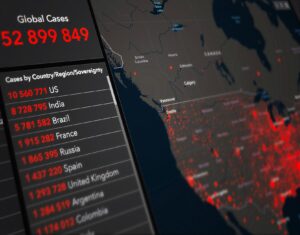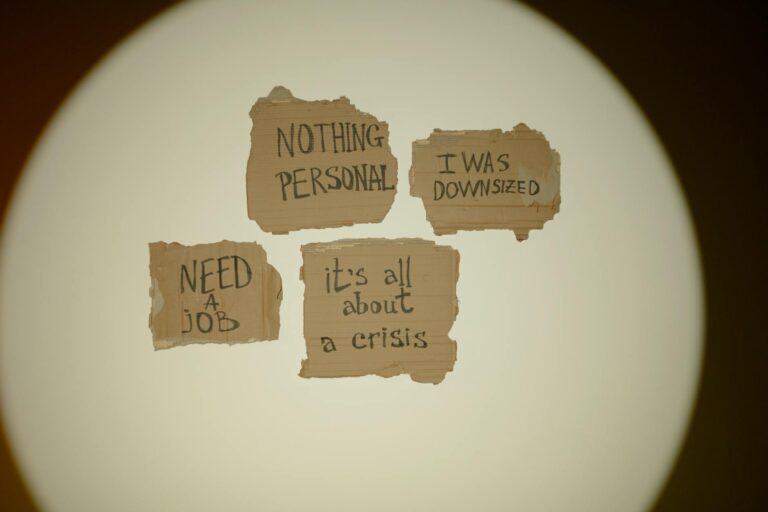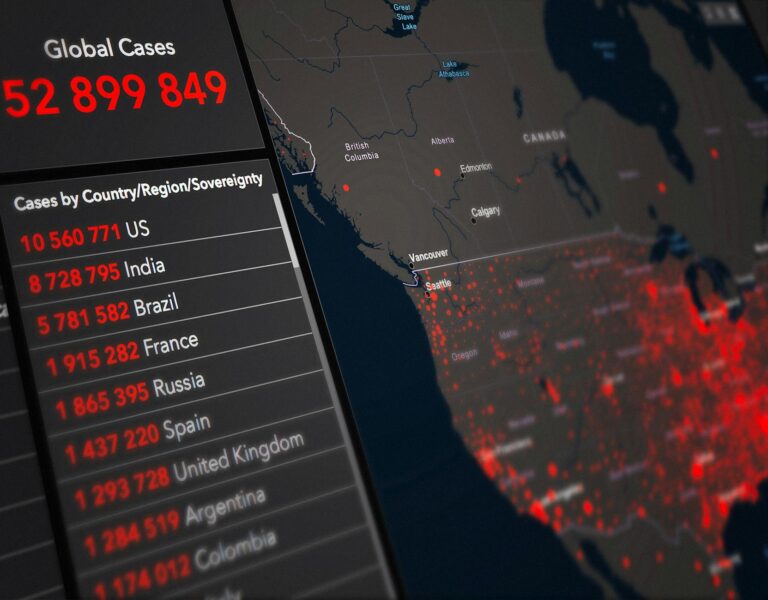European Government Switches from Microsoft to Linux—And Why It Matters
Okay, so here’s something wild: a European government just kicked Microsoft to the curb and went full Linux. I know, right? Feels like something out of a tech nerd’s fantasy, but it’s actually happening. And honestly? It’s about time. This isn’t just about saving money—though that’s a huge part—it’s about control, privacy, and not being stuck with some corporate giant calling the shots. But let’s break it down.
Who’s Making the Move?
Turns out, it’s Schleswig-Holstein, this little German state with big ideas. They’re done with Microsoft’s licensing circus and are switching everything—yes, everything—to Linux over the next few years. No more Windows, no more Office. Just open-source, baby. And the best part? They’re doing it for all the right reasons.
Why the Heck Would They Do This?
1. Money Talks
Let’s be real—Microsoft charges an arm and a leg for their software. Governments aren’t exactly rolling in cash, so when you can get basically the same functionality for free? That’s a no-brainer. We’re talking millions saved. And who doesn’t love saving taxpayer money?
2. Privacy? More Like “Why Should We Trust You?”
After all those data scandals—you know the ones—governments are getting twitchy about proprietary software. With Linux, the code’s out in the open. No shady backdoors, no secret data harvesting. It’s like the difference between a transparent glass house and a creepy black box. Which would you trust?
3. Taking Back Control
Here’s the thing: relying on some US tech giant for your government’s entire digital infrastructure? Not exactly a power move. This switch is Schleswig-Holstein saying, “We’ll handle our own stuff, thanks.” And honestly? More governments should be thinking this way.
What Are They Actually Using?
So what’s replacing the Microsoft stuff? They’re going with a Linux distro (they haven’t picked which one yet) and LibreOffice. Yeah, LibreOffice isn’t as shiny as Microsoft Office, but come on—when was the last time you used half those fancy features anyway? For writing reports and making spreadsheets? It’s more than enough.
It’s Not Going to Be Easy, Though
Look, I’m not gonna sugarcoat it—this transition will suck for some people. Government workers who’ve used Microsoft for decades? They’re gonna hate it at first. Old systems might not play nice. But here’s the plan: take it slow, train everyone properly, and power through the growing pains. Short-term pain for long-term gain.
Who’s Next?
Schleswig-Holstein isn’t the first to try this—remember Munich’s whole Linux saga?—and they won’t be the last. Cities like Barcelona are already flirting with open-source alternatives. The writing’s on the wall: governments are getting tired of being locked into expensive, opaque systems. This could be the start of something big.
What This Means for Microsoft (And Everyone Else)
Microsoft’s not gonna take this lying down. Losing government contracts hurts, so expect some serious lobbying or maybe even price cuts. But here’s the kicker: if enough governments make the switch, it could force the entire software industry to rethink how they do business. About time, if you ask me.
Final Thoughts
This isn’t just some niche tech story—it’s a potential game-changer. Open-source software is finally getting the respect it deserves in the public sector. Will other governments follow? I think so. But what about you—is this the future, or just a European experiment? Hit me with your thoughts.
Source: ZDNet – Linux













One thought on “Why This European Government Just Ditched Microsoft for Linux – And Who’s Next?”